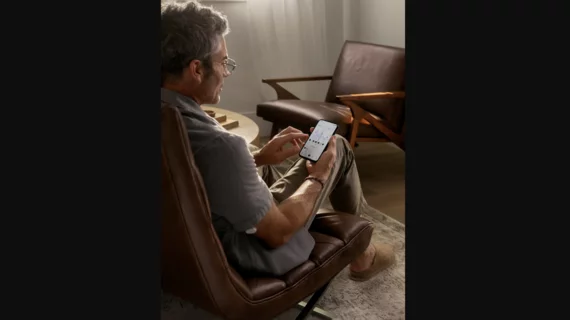‘Different products for different people’: FDA clears 2 Abbott over-the-counter glucose monitors
Abbott has received U.S. Food and Drug Administration (FDA) clearance for two new over-the-counter continuous glucose monitoring (CGM) devices.
While the Lingo system was developed for the general public, helping any adult track their glucose and make healthy lifestyle choices, the Libre Rio was designed specifically for adults with type 2 diabetes. Both newly approved offerings use the same patented technology found in Abbott’s FreeStyle Libre family of devices, which require users to have a prescription from a healthcare provider.
“There is no one-size-fits all approach for glucose monitoring, which is why we've designed different products for different people—all based on the same world-leading biowearable technology,” Lisa Earnhardt, executive vice president and group president of Abbott's medical devices business, said in a prepared statement. “People living with diabetes need certain features like tracking medications or sharing data with a healthcare provider. People without diabetes need different features to manage their metabolic health, including personalized coaching to promote actionable lifestyle changes.”
The Lingo system is for users who are not currently on insulin and want to learn more about their health. It tracks a person’s CGM data for 14 days and then generates personalized insights into what they could be doing to have better day-to-day health.
“Continuous glucose monitors are a tool I recommend to my patients to raise their overall awareness of factors that affect their glucose and are an invaluable holistic wellness solution,” cardiologist Fred St. Goar, MD, medical director of the El Camino Health Heart and Vascular Institute, said in the same Abbott statement. “Research has shown that overall lower glucose exposure in the general population is associated with reduced long-term risk to developing cardiovascular disease, diabetes, Alzheimer's and certain cancers.”
The Libre Rio, meanwhile, represents Abbott’s very first over-the-counter CGM device cleared by the FDA for patients with diabetes. It was developed for individuals 18 years old and older who have been diagnosed with type 2 diabetes, but do not take insulin to address any symptoms. A biosensor is placed on the back of a user’s arm for up to 15 days. A special smartphone app then displays all relevant CGM data.

